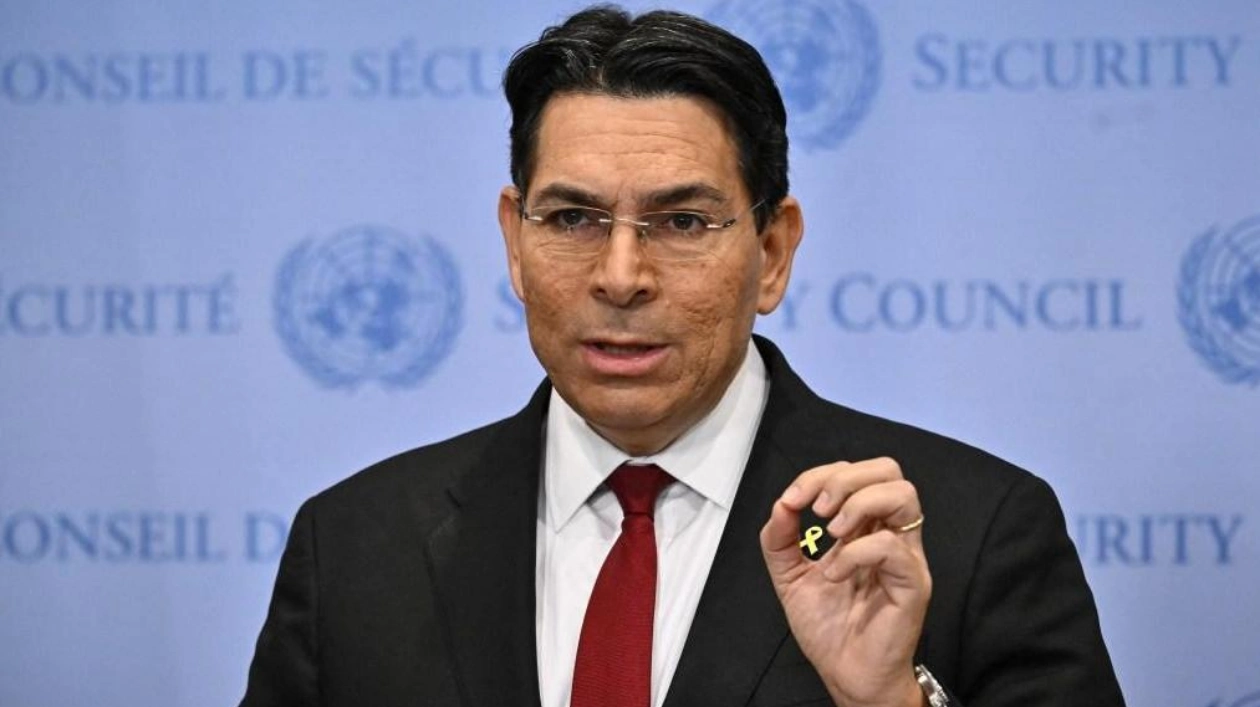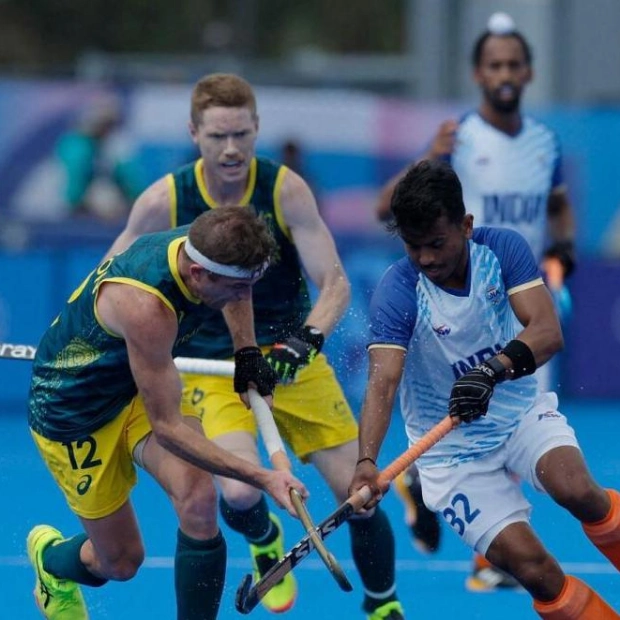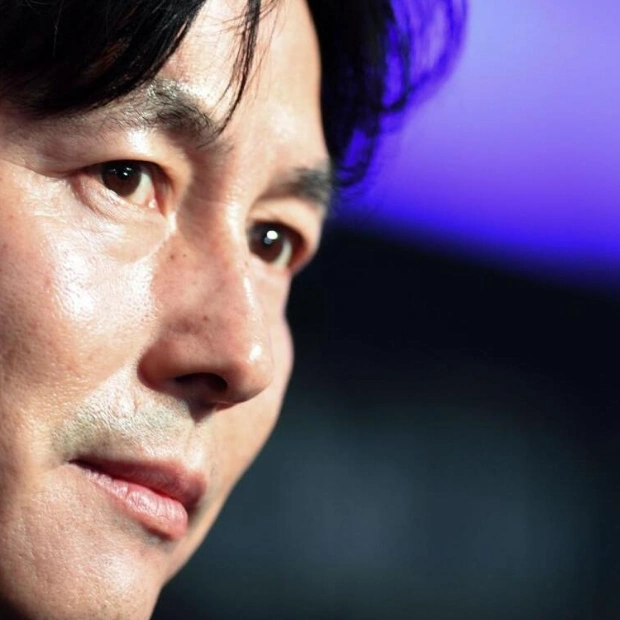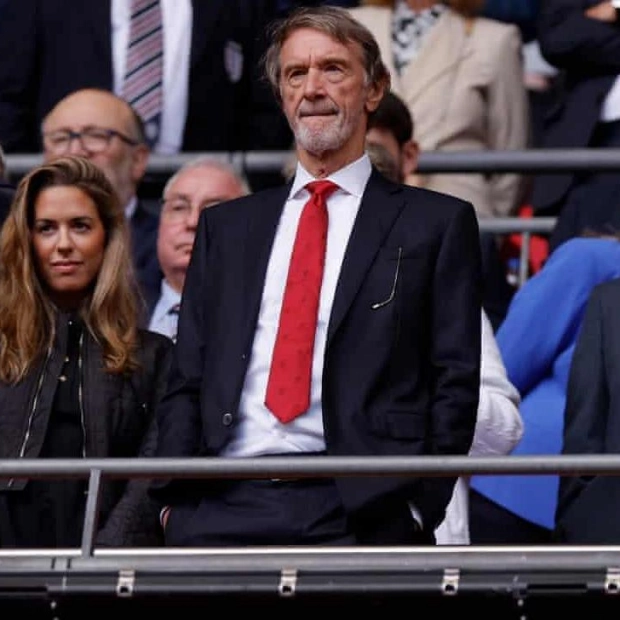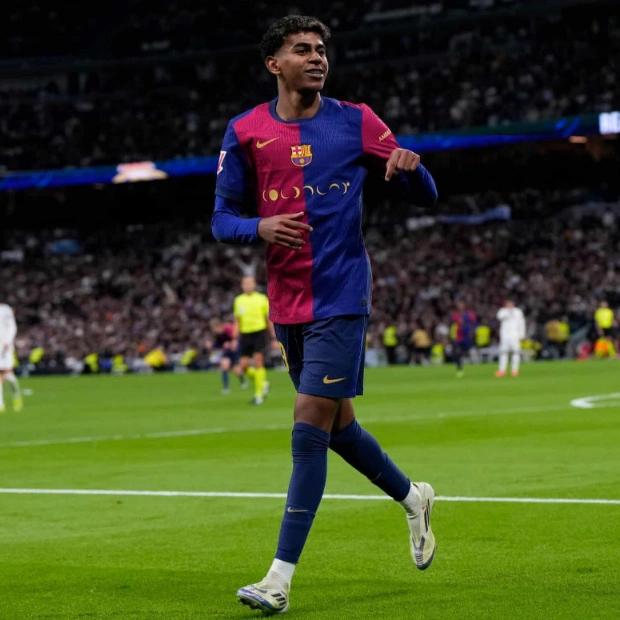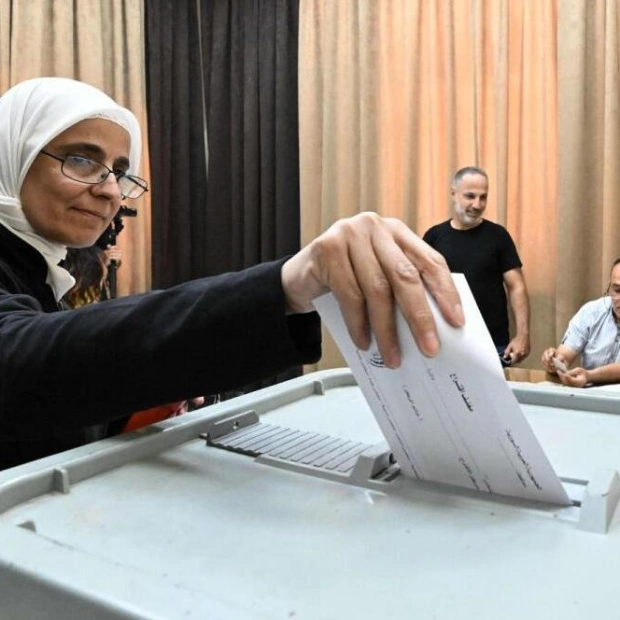WASHINGTON — Israel’s cease-fire agreement with Hezbollah, signed on Tuesday, could facilitate the release of remaining hostages, including four Americans, held by Hamas for over a year, according to Israel’s UN Ambassador Danny Danon in an exclusive interview with The Post on Wednesday.
With hostilities from Lebanon’s Hezbollah expected to ease, Danon stated that Israel can now concentrate more on securing the return of hostages taken by Hamas during the brutal attack on Israeli civilians on October 7, 2023, which ignited the conflict. “With Hamas, [the Israel-Hezbollah ceasefire] will bolster our efforts to release more hostages,” he said. “We will be able to focus on Gaza.”
At least four American citizens are thought to still be held captive by Hamas, along with the remains of three others yet to be recovered. This is partly due to Israel’s strategic actions, including the elimination of former Hezbollah leader Hassan Nasrallah, which severed the “linkage” between the Lebanese terror group and Hamas, according to Danon. Prior to his death, Nasrallah had sought to tie a ceasefire with Hezbollah to one with Gaza.
“The strength and resolve we demonstrated broke the connection between Hamas and Hezbollah. I believe this allows us to shift our focus more towards Gaza and apply greater pressure to secure the release of hostages,” he said. This separation of the proxy groups has curbed Hamas’ ambitions of leading not only its own uprising against Israel but also a broader regional war against the Jewish state, the ambassador noted.
“I think today [Hamas] realizes that the dream of a regional effort against Israel, with Iran and Hezbollah joining them, is unlikely,” he said. “Hezbollah is out of the game. Hamas has also seen our capabilities.” “So, I do think that today, Hamas understands there’s a new reality.”
However, this largely hinges on whether Hezbollah adheres to the 60-day ceasefire agreement, which is based on UN Resolution 1701 from 2006, aimed at ending a month-long war between Israel and Lebanon. “From the outset, we made it clear that we would push Hezbollah south of the Litani River, and we achieved this goal. We also managed to degrade Hezbollah’s capabilities, but the main question remains: will the agreement be implemented?” Danon told The Post.
Despite past degradation, Danon said Israel “will have zero tolerance” for any Hezbollah breach of the ceasefire this time. “When we passed Resolution 1701 in the UN Security Council in 2006, there were high expectations, but Hezbollah gradually rearmed and built a formidable infrastructure along our border,” he said. “Today, we have a different strategy. We are more determined not to let it happen again. I believe the implementation will be different.”
Nonetheless, the ambassador does not believe the ceasefire will entirely deter Iran from pressuring Hezbollah, considered an Iranian proxy, to continue attacks on Israel. “I don’t think they will halt their efforts with Lebanon and Hezbollah. They are heavily invested in both Lebanon and Syria and will continue to foment chaos in the region. I don’t think they will stop.” “I think they will continue to pour billions into their proxies, and we see the consequences—the Houthis, for instance,” he said. “There have been significant attacks on maritime trade and increased living costs worldwide.”
Ultimately, progress towards ending the war largely depends on Hezbollah honoring the ceasefire, allowing northern Israelis to return home safely without fear of attacks from Lebanon. “We must ensure Hezbollah leaves the area, and our forces redeploy within Israel. The challenge will be to see what happens afterward,” he said.
Source link: https://nypost.com
